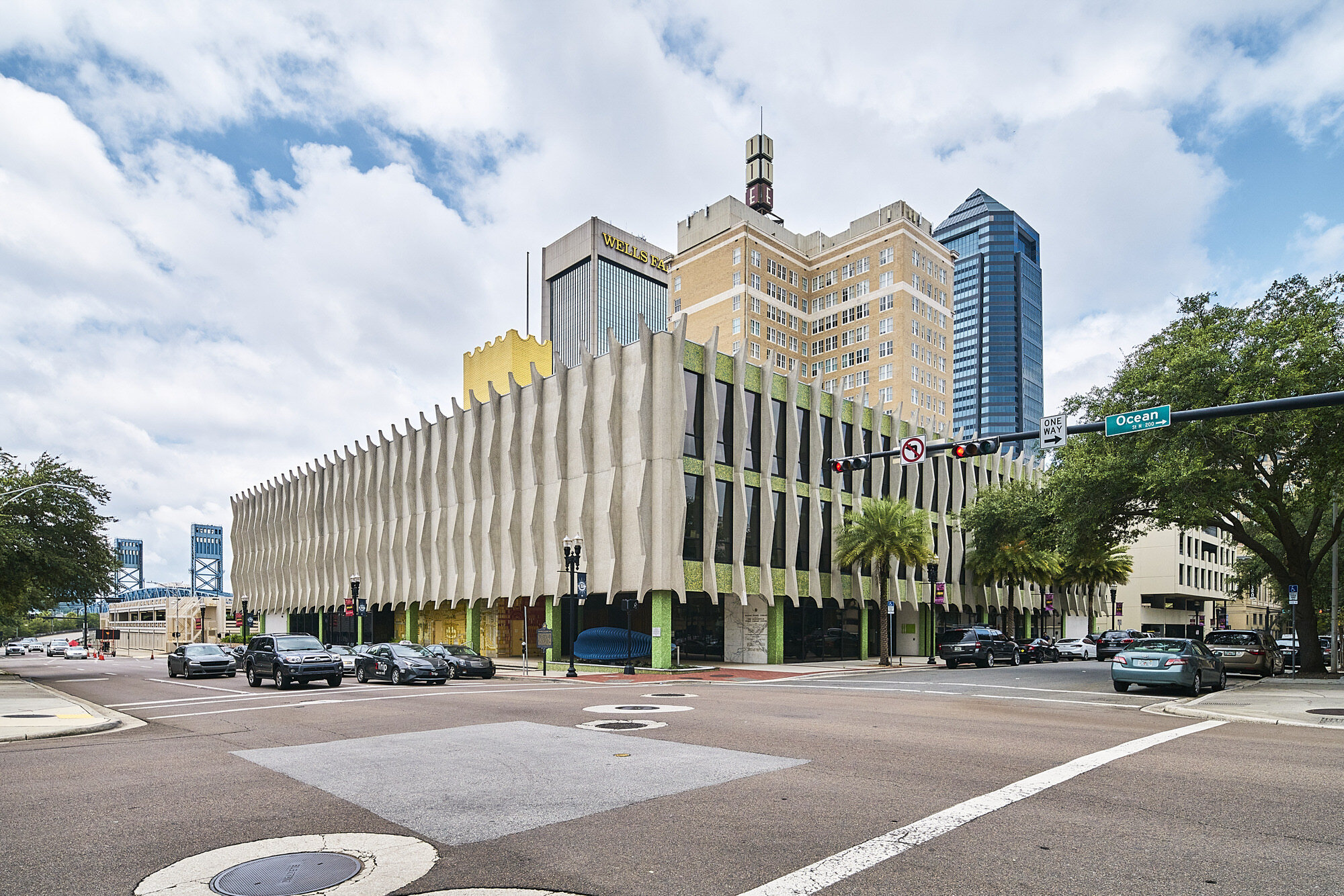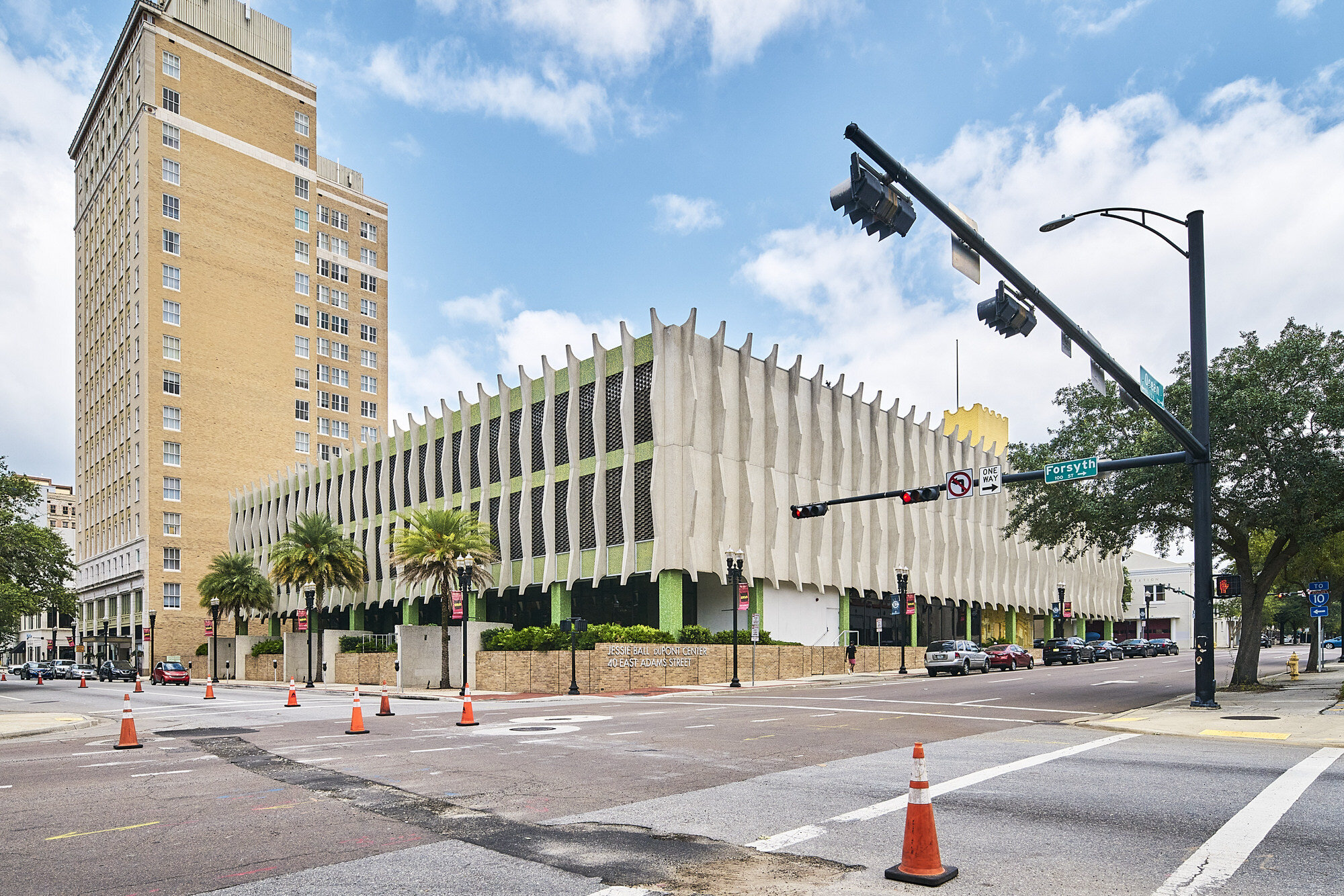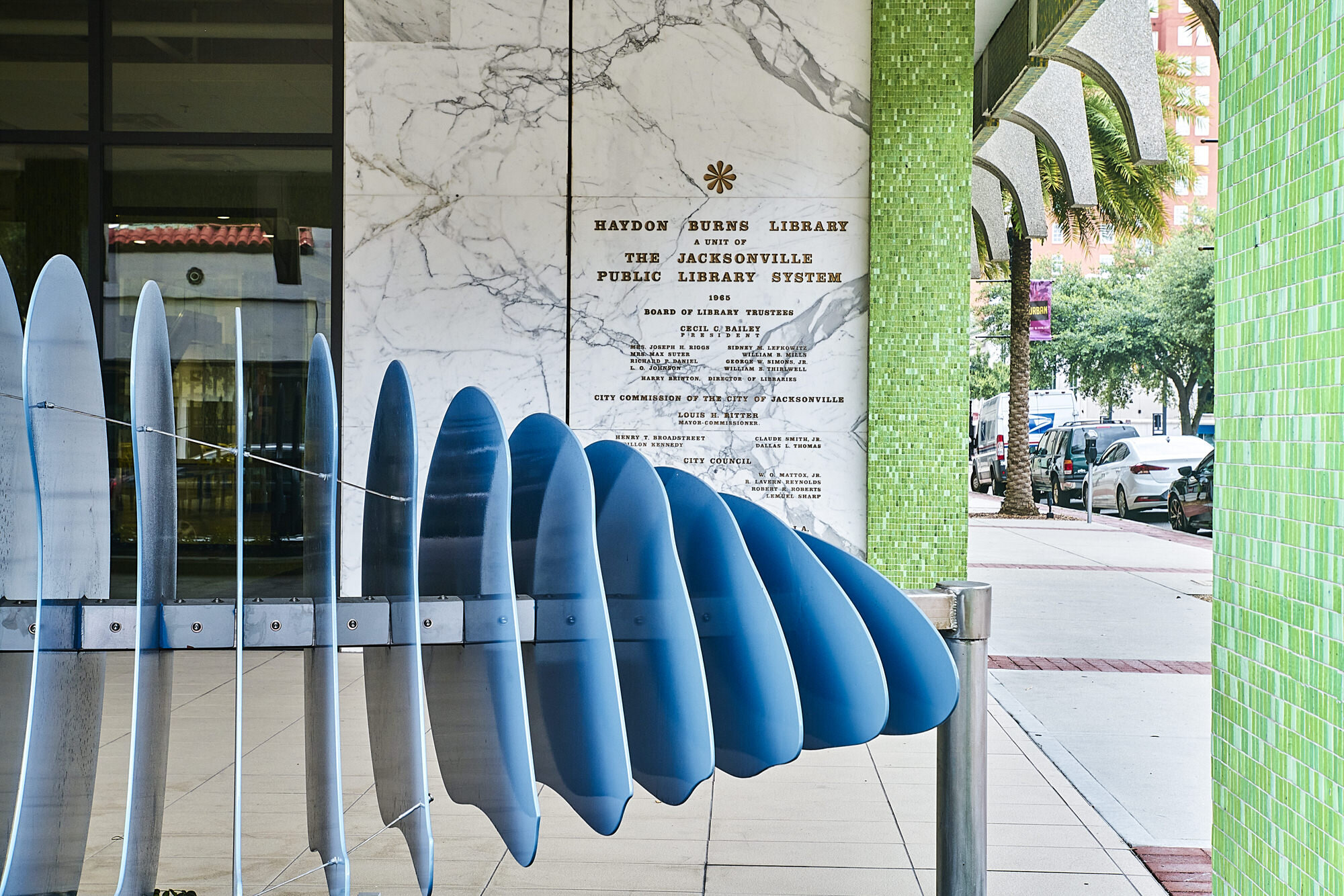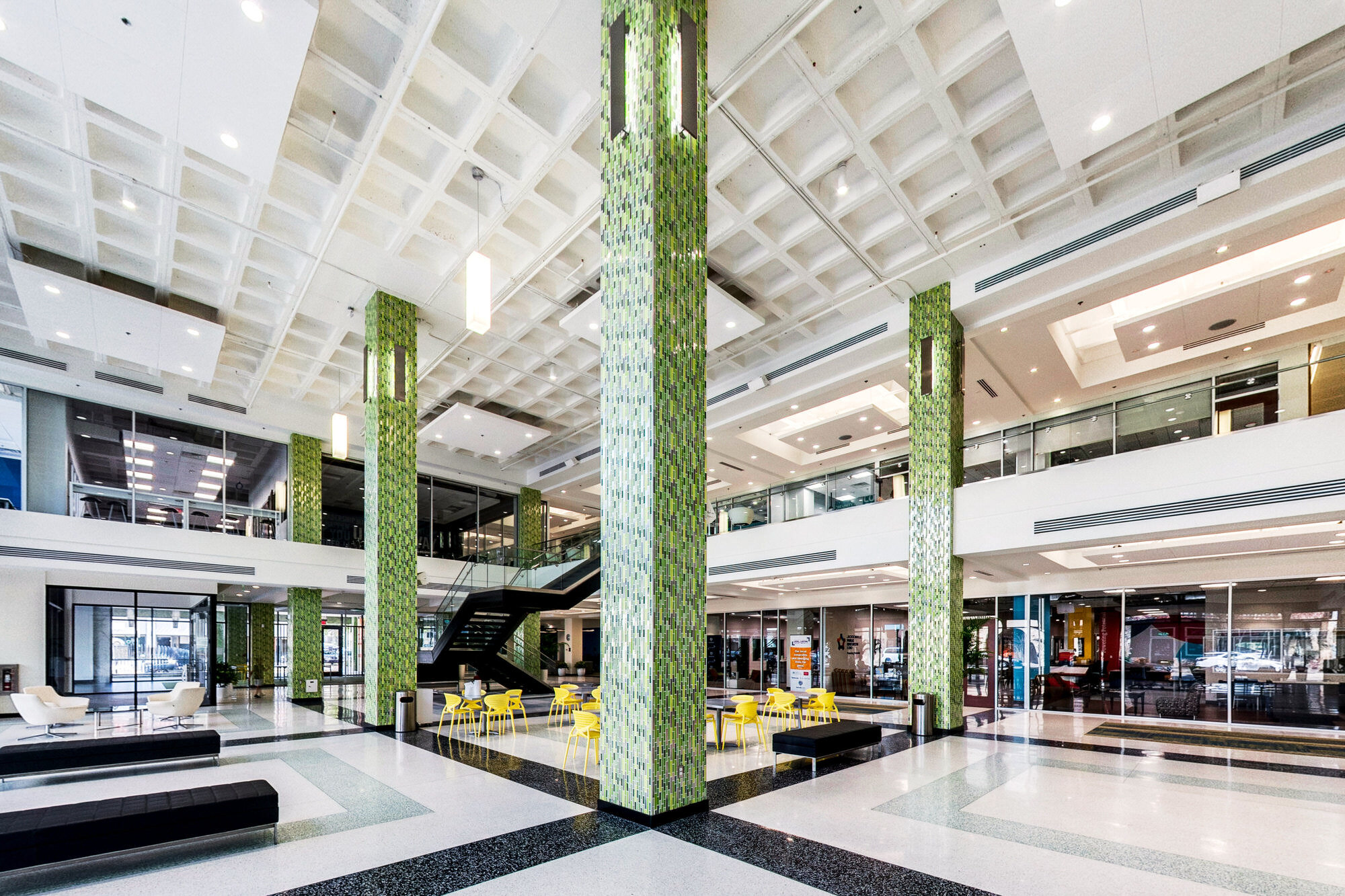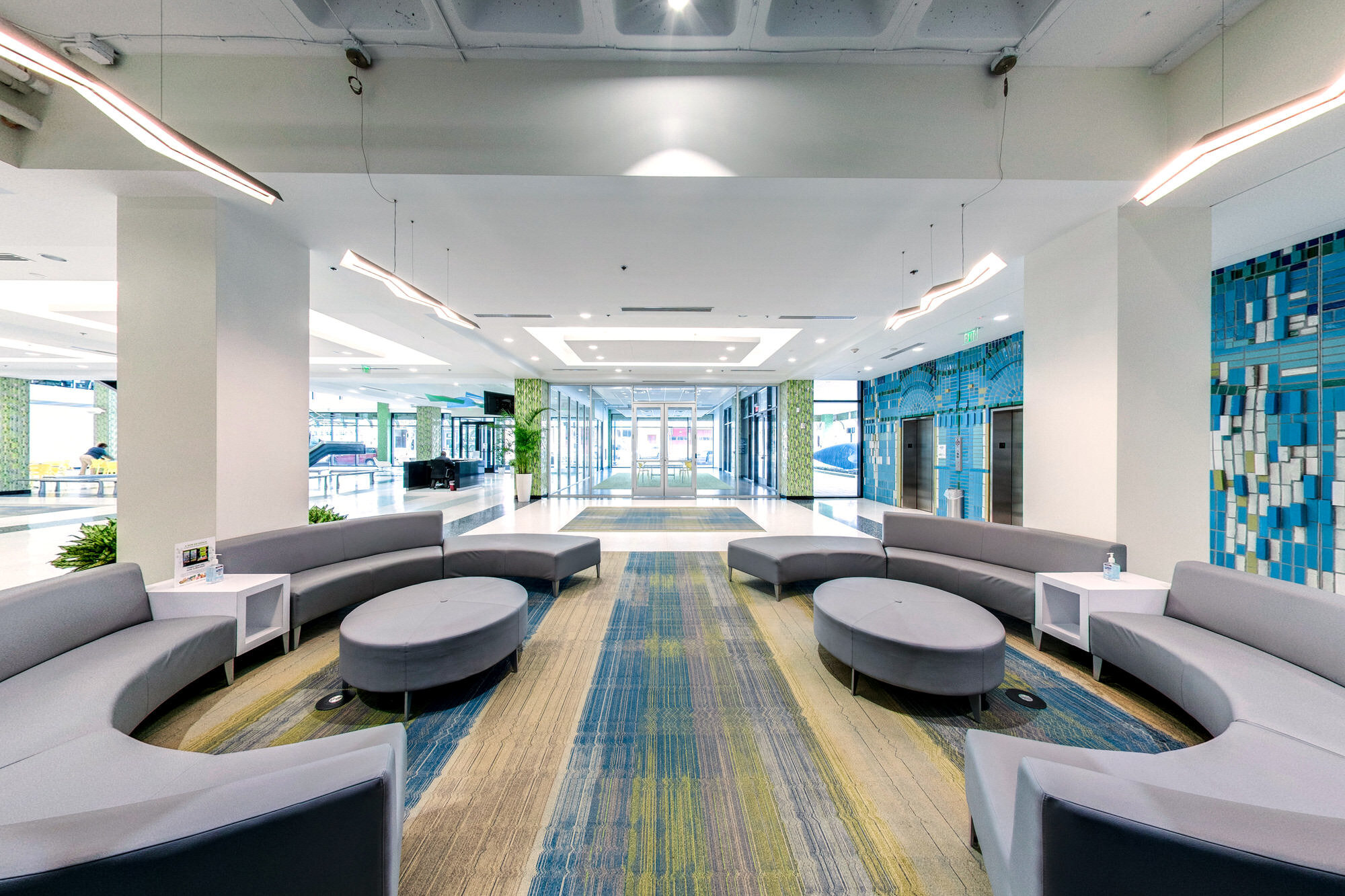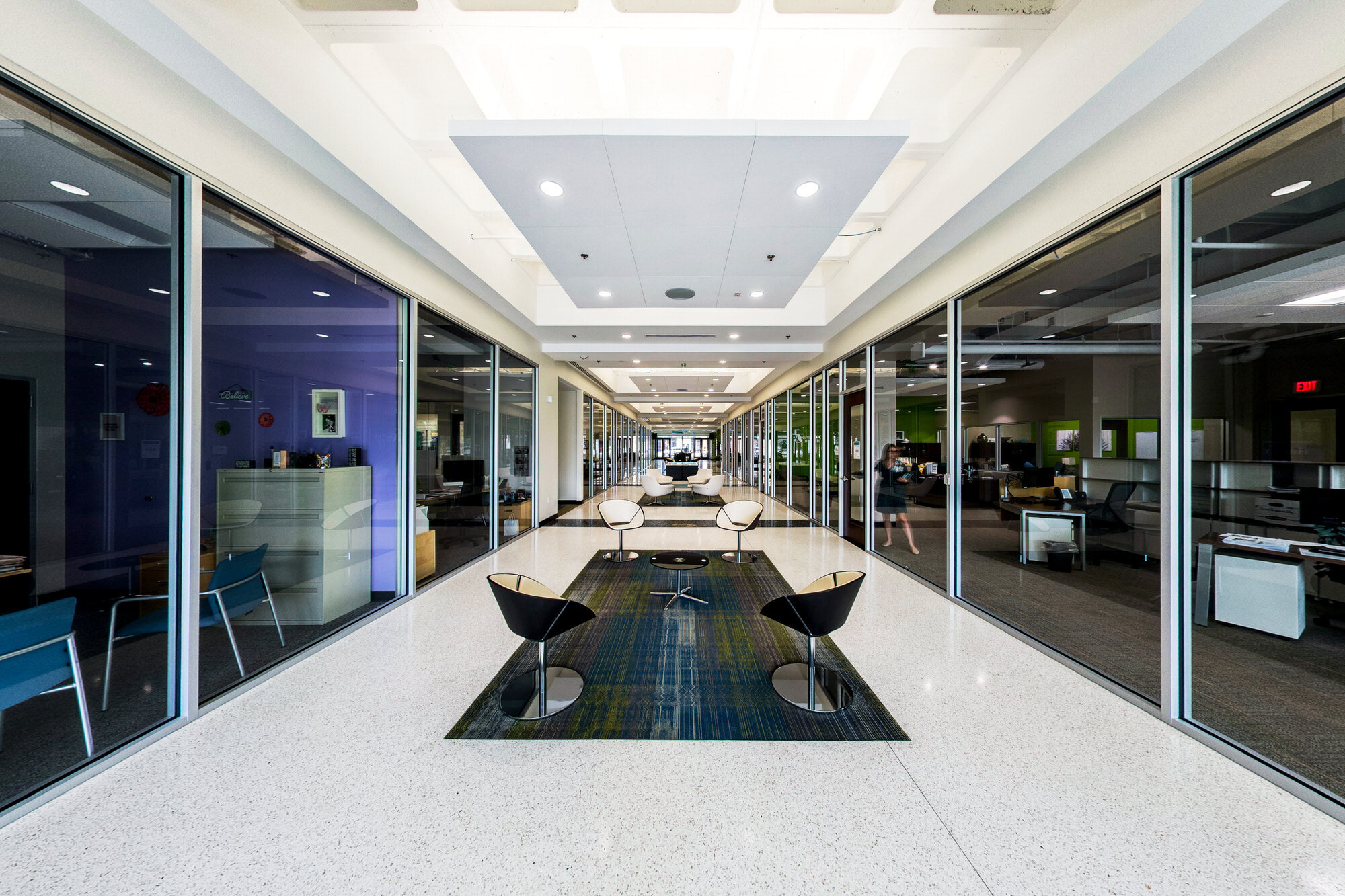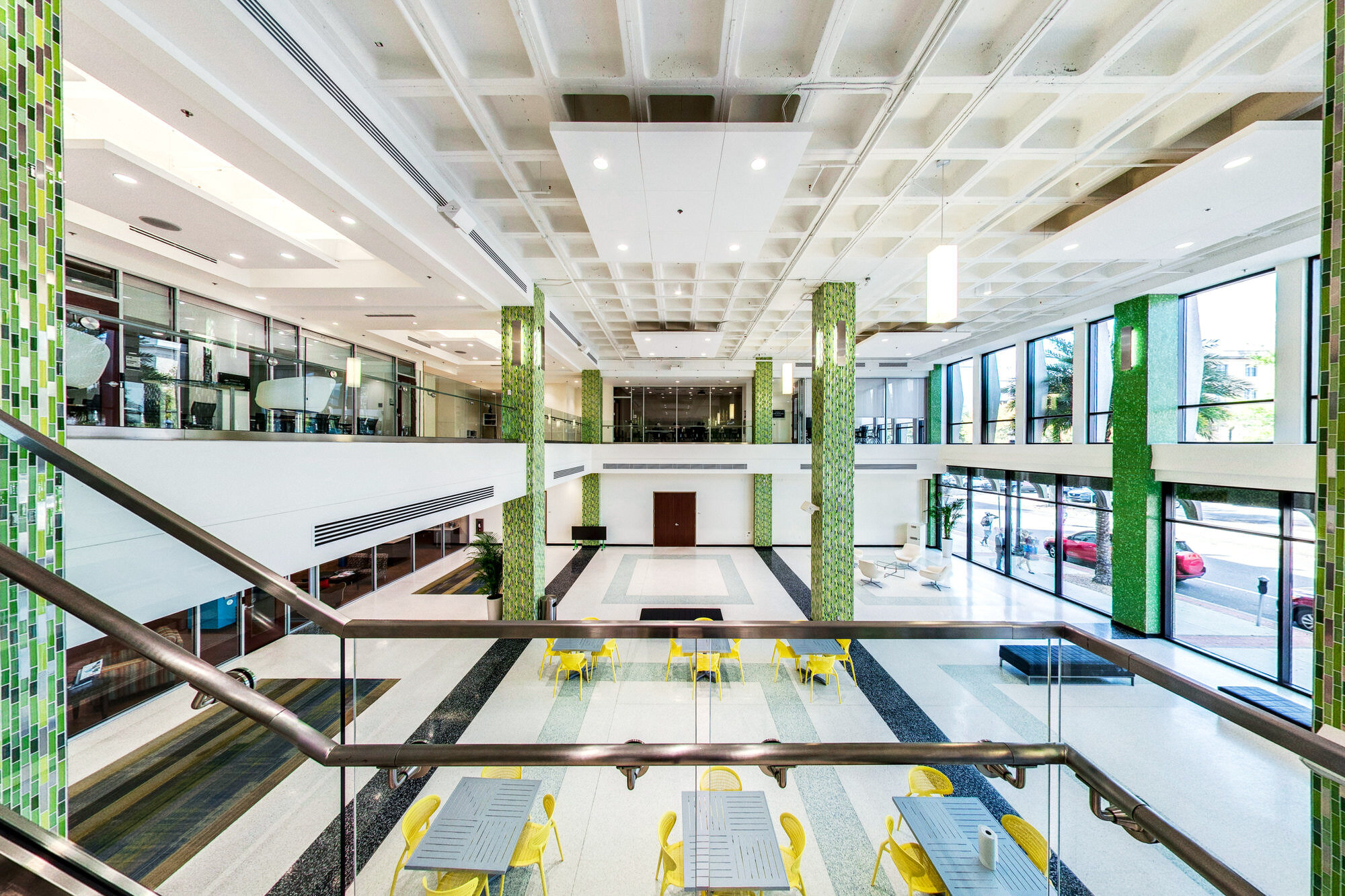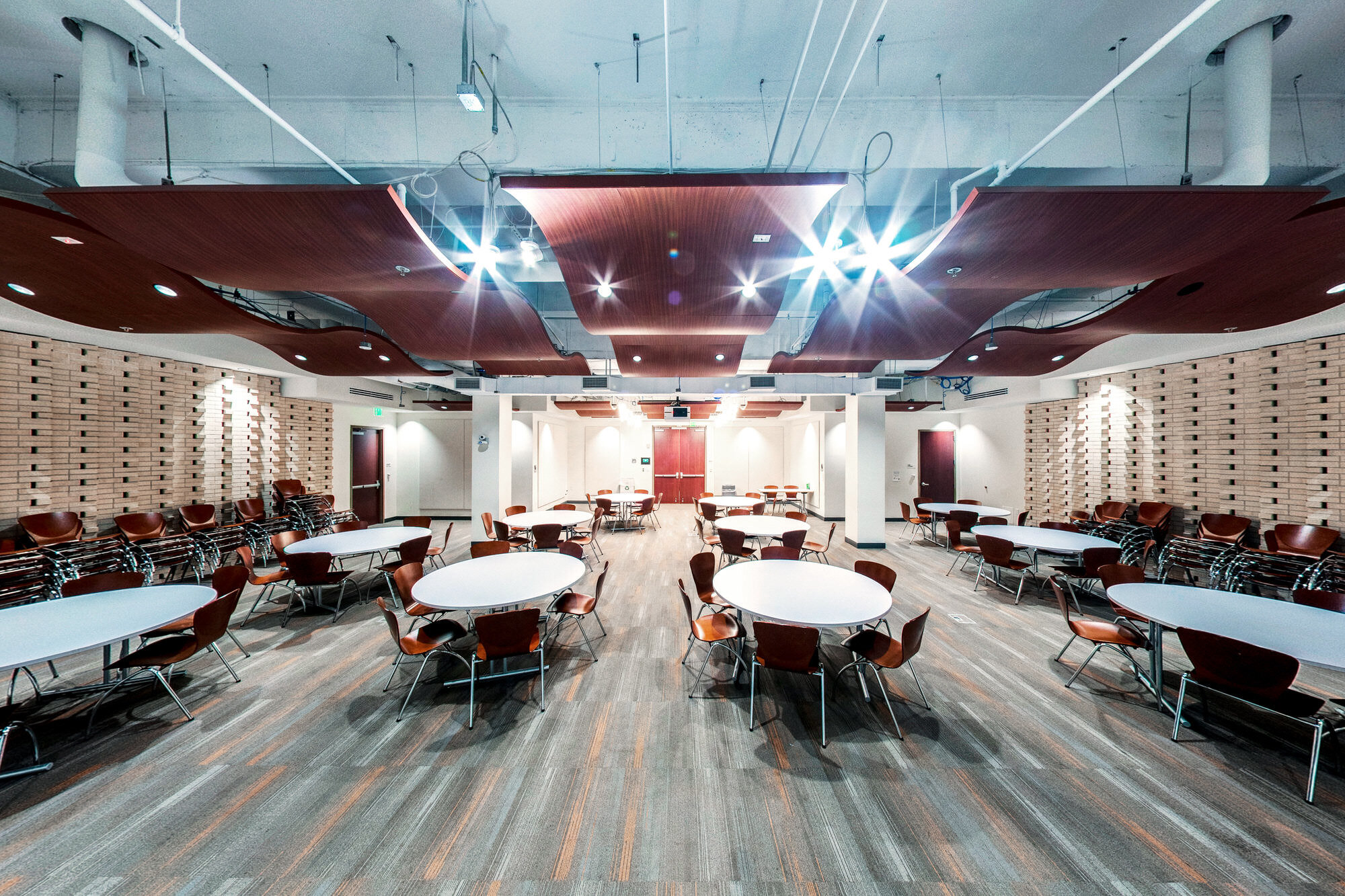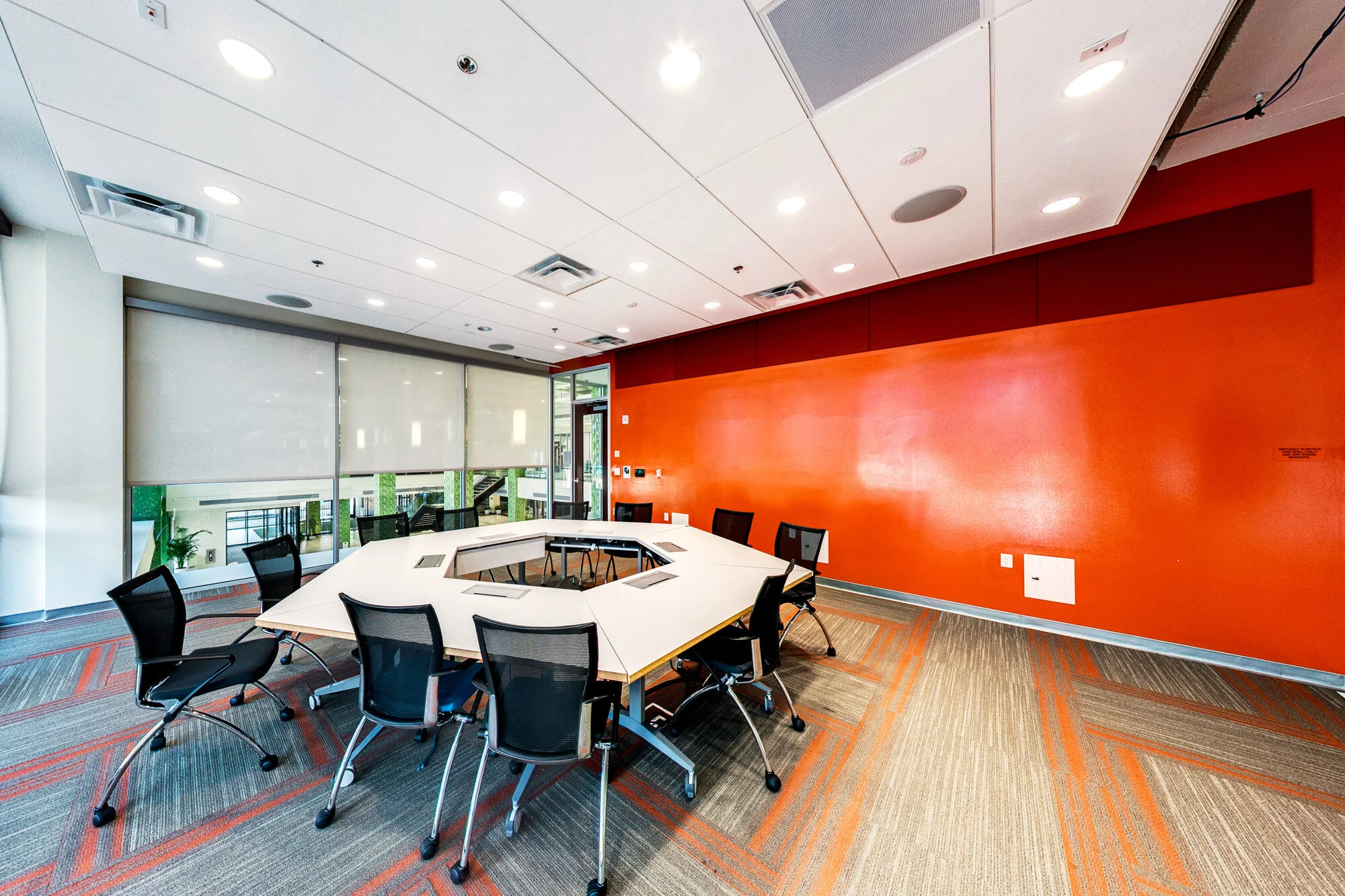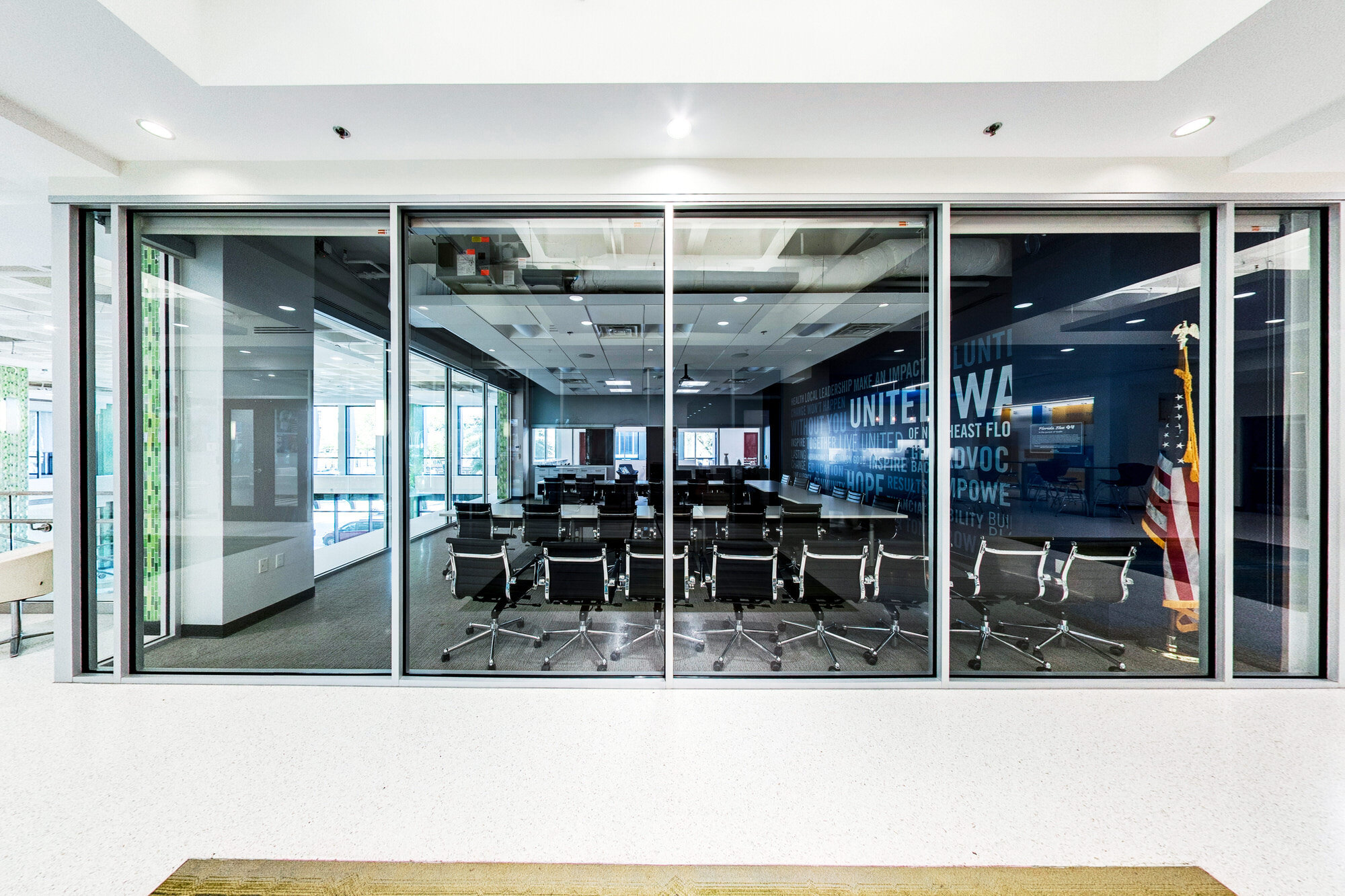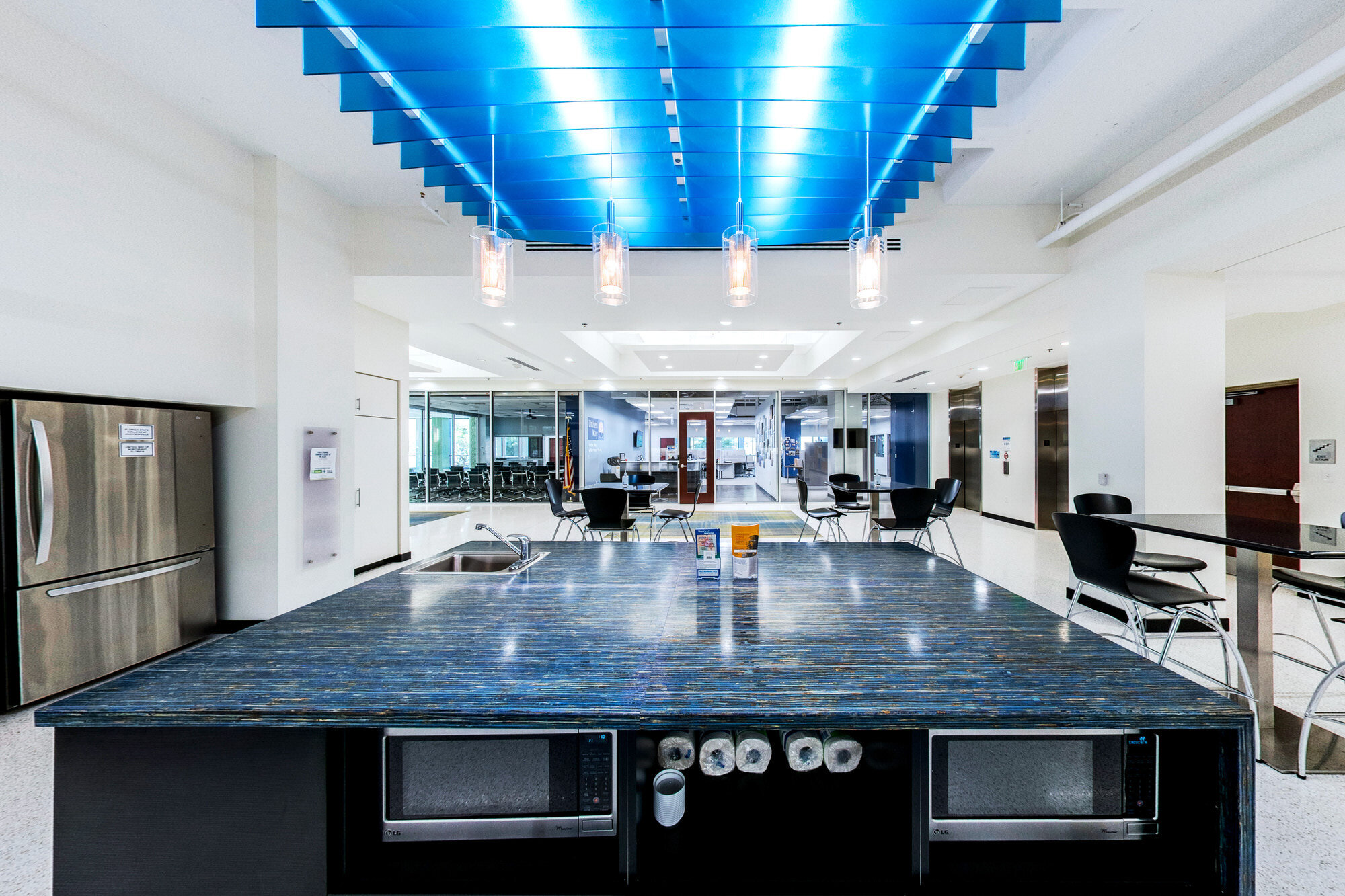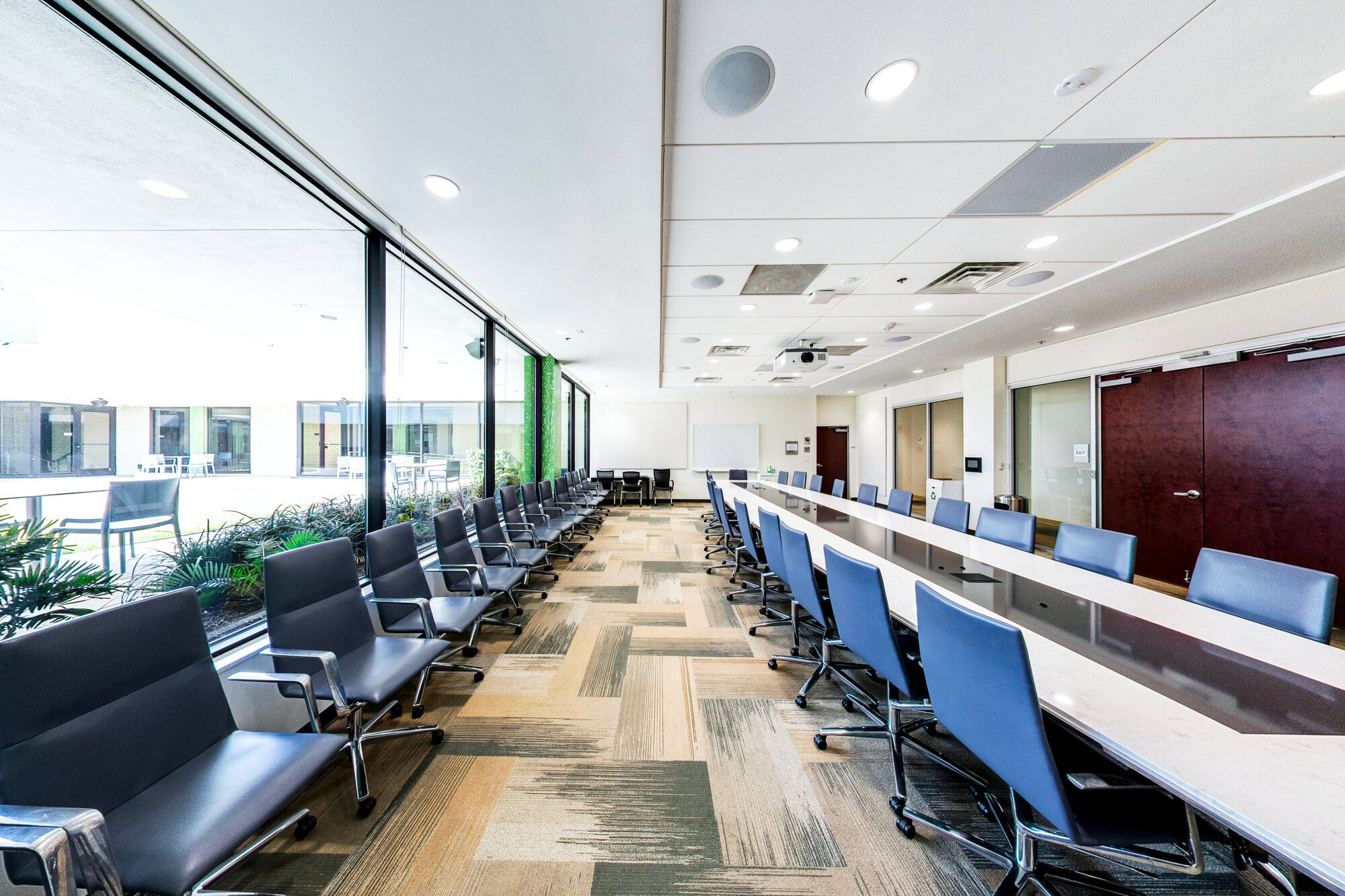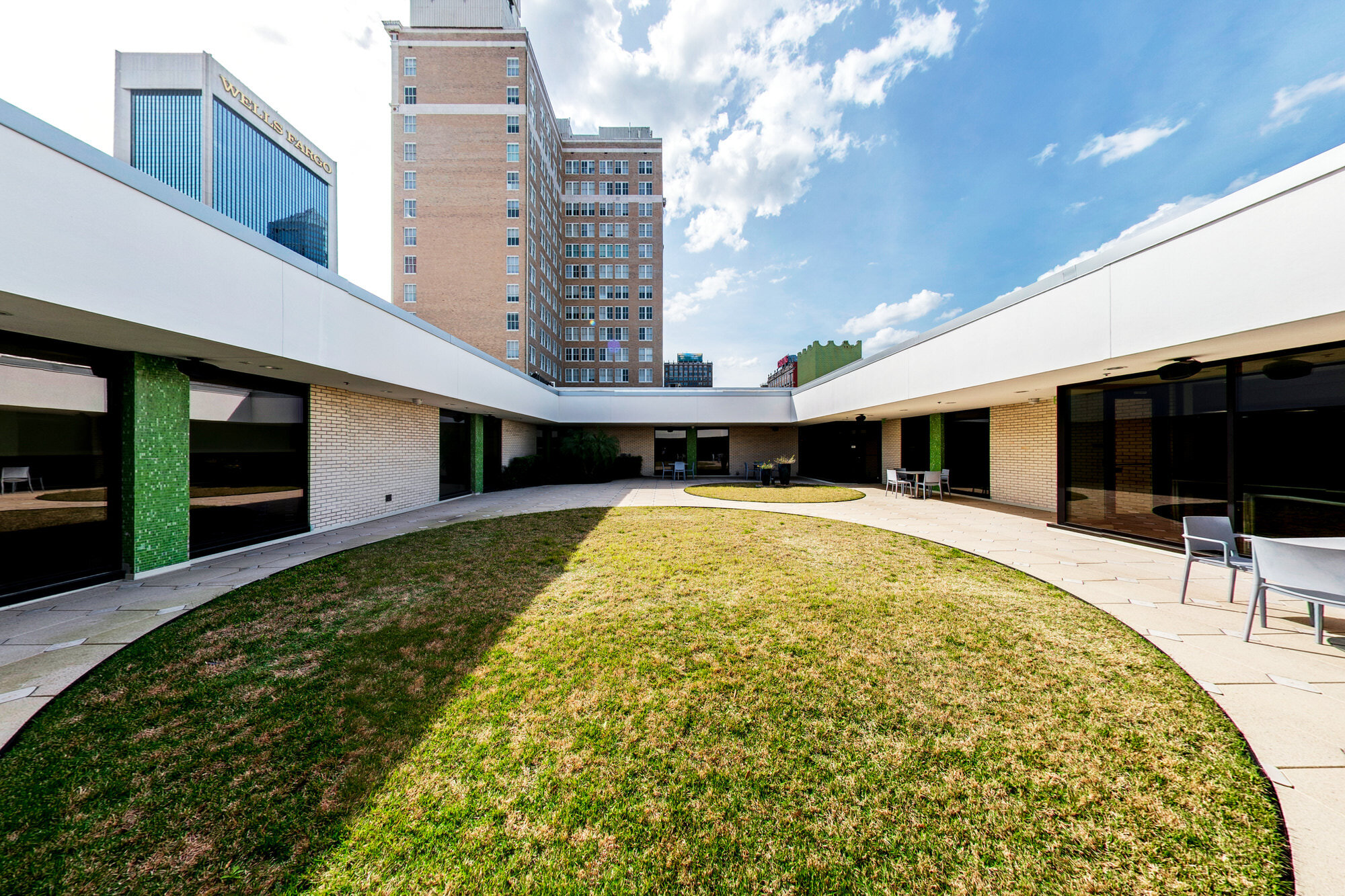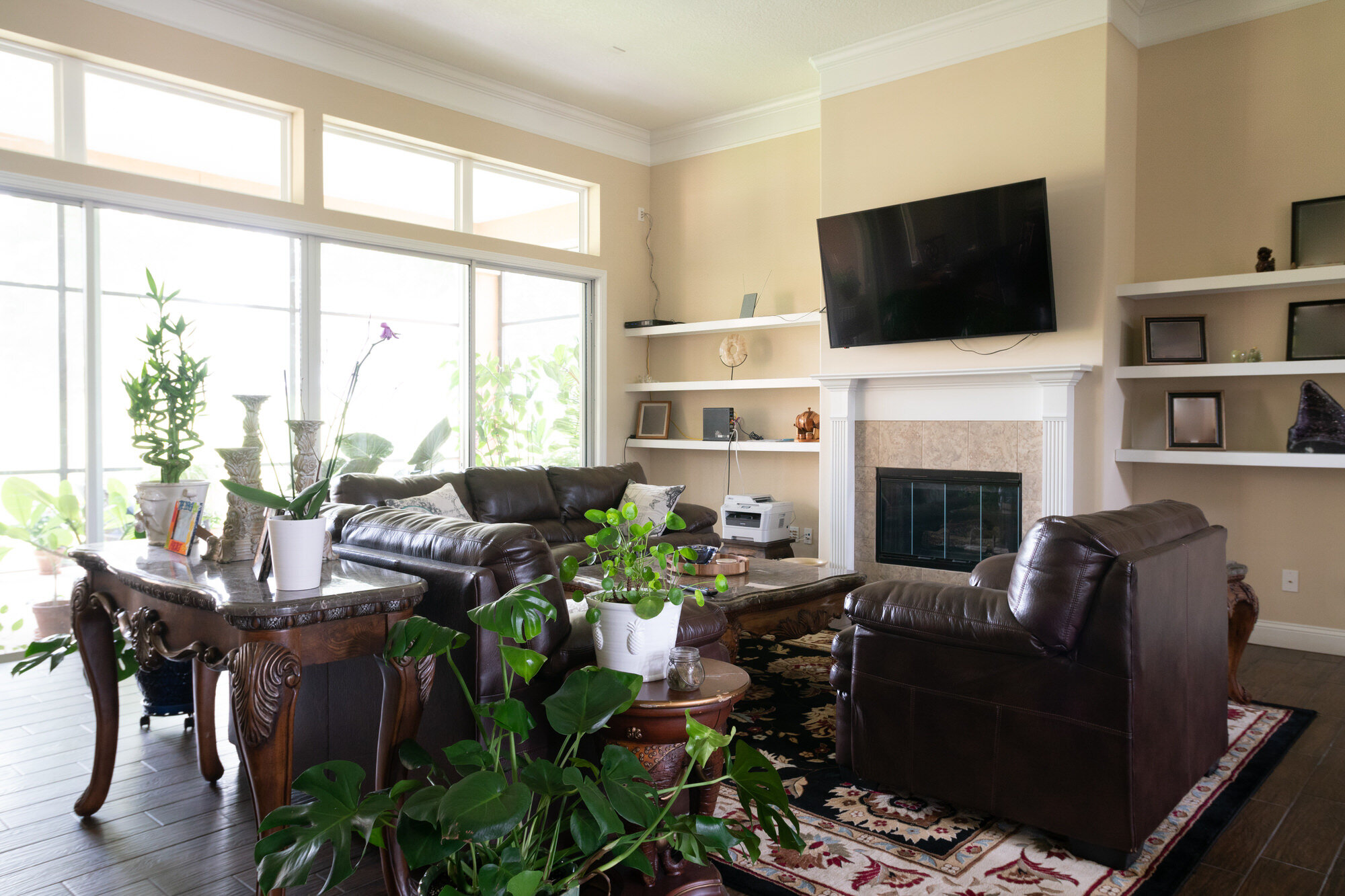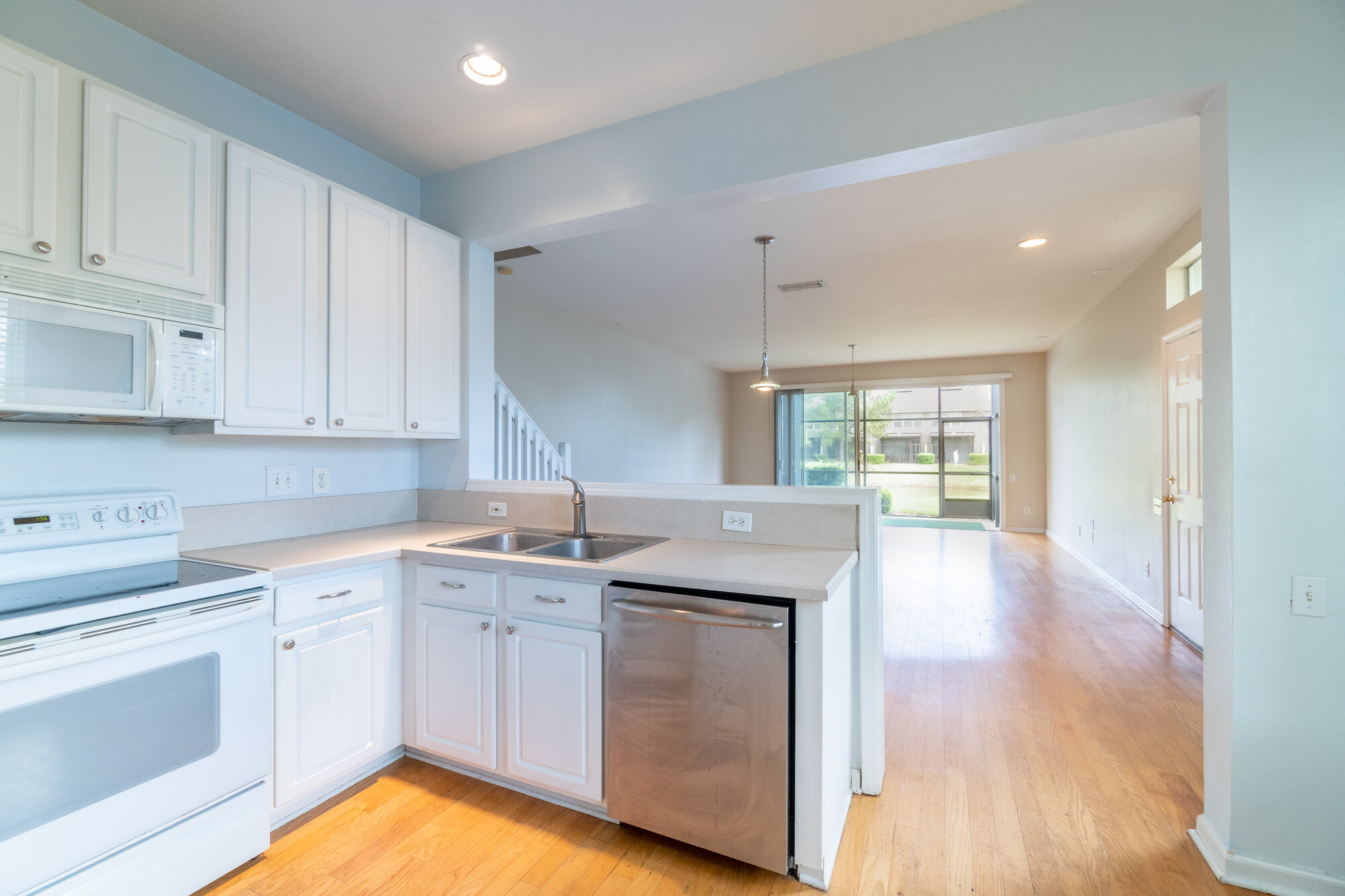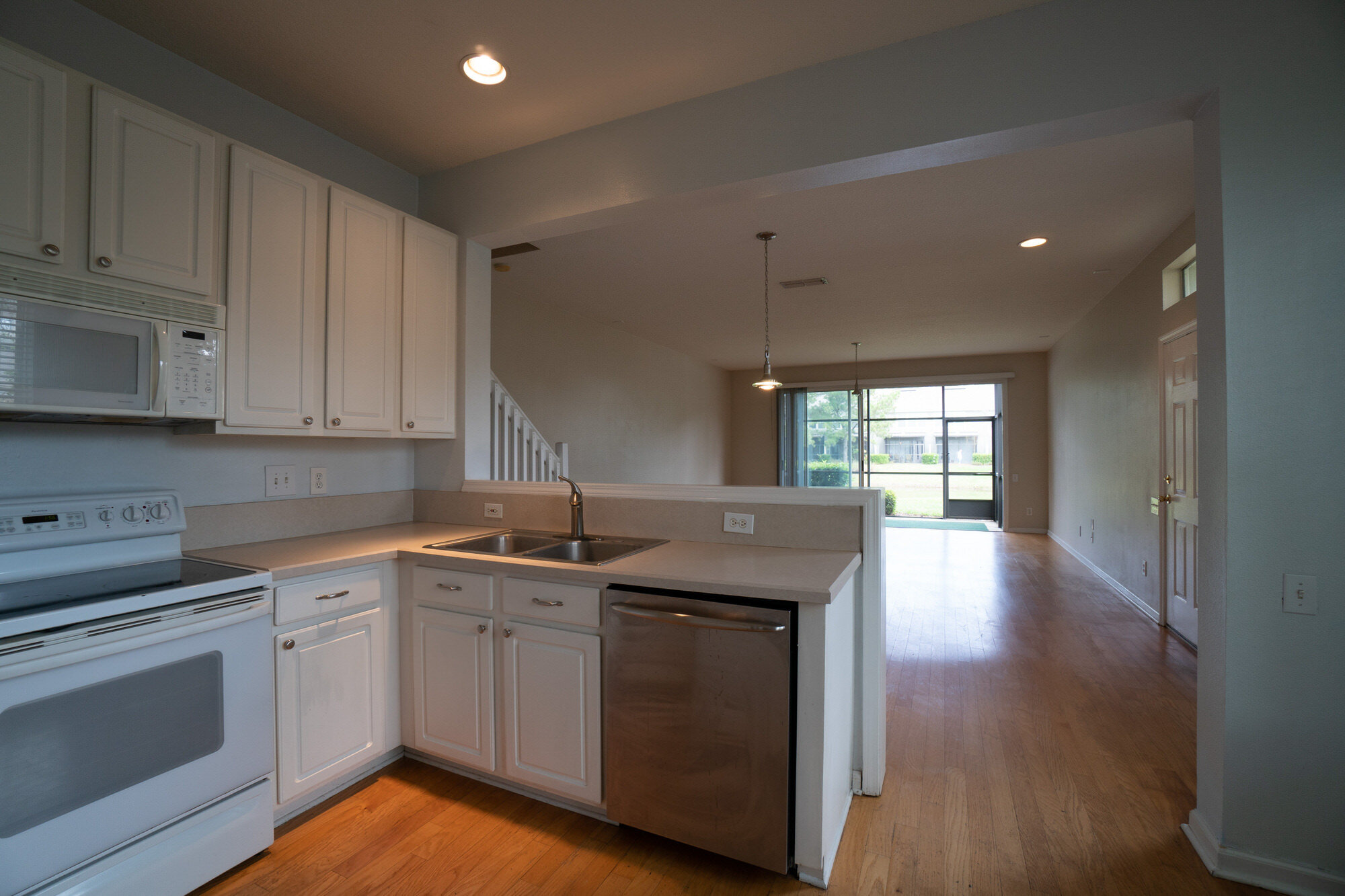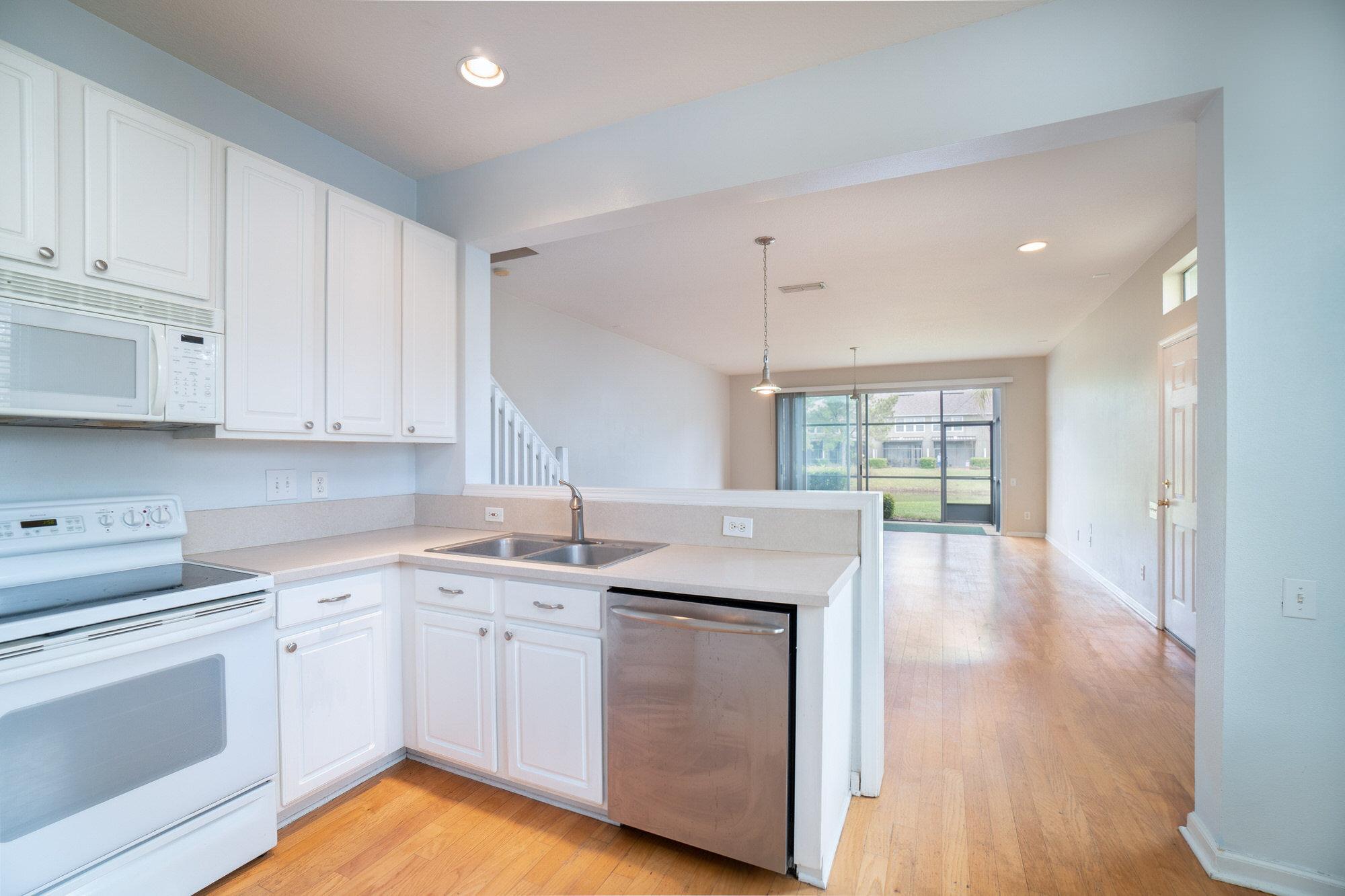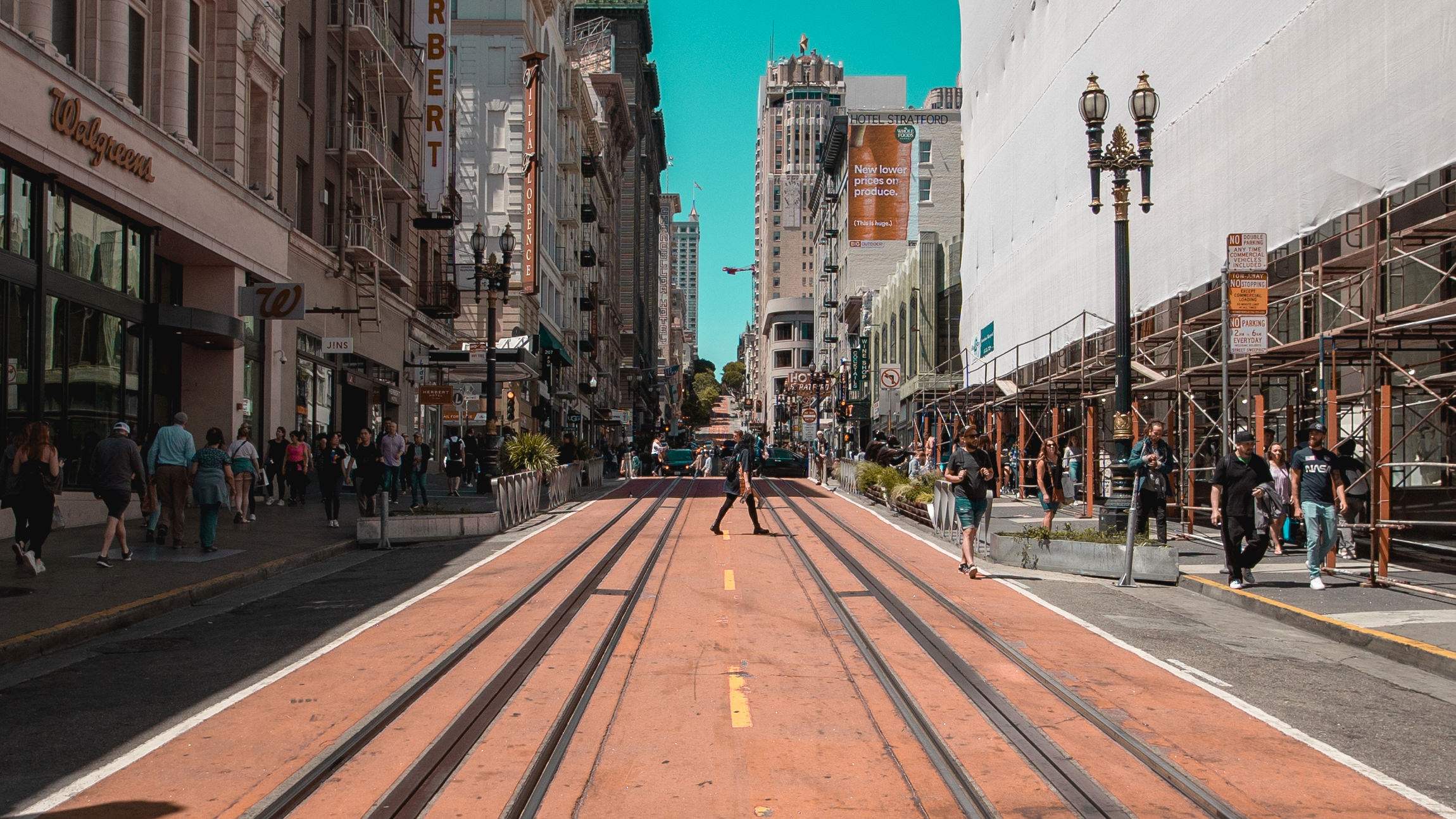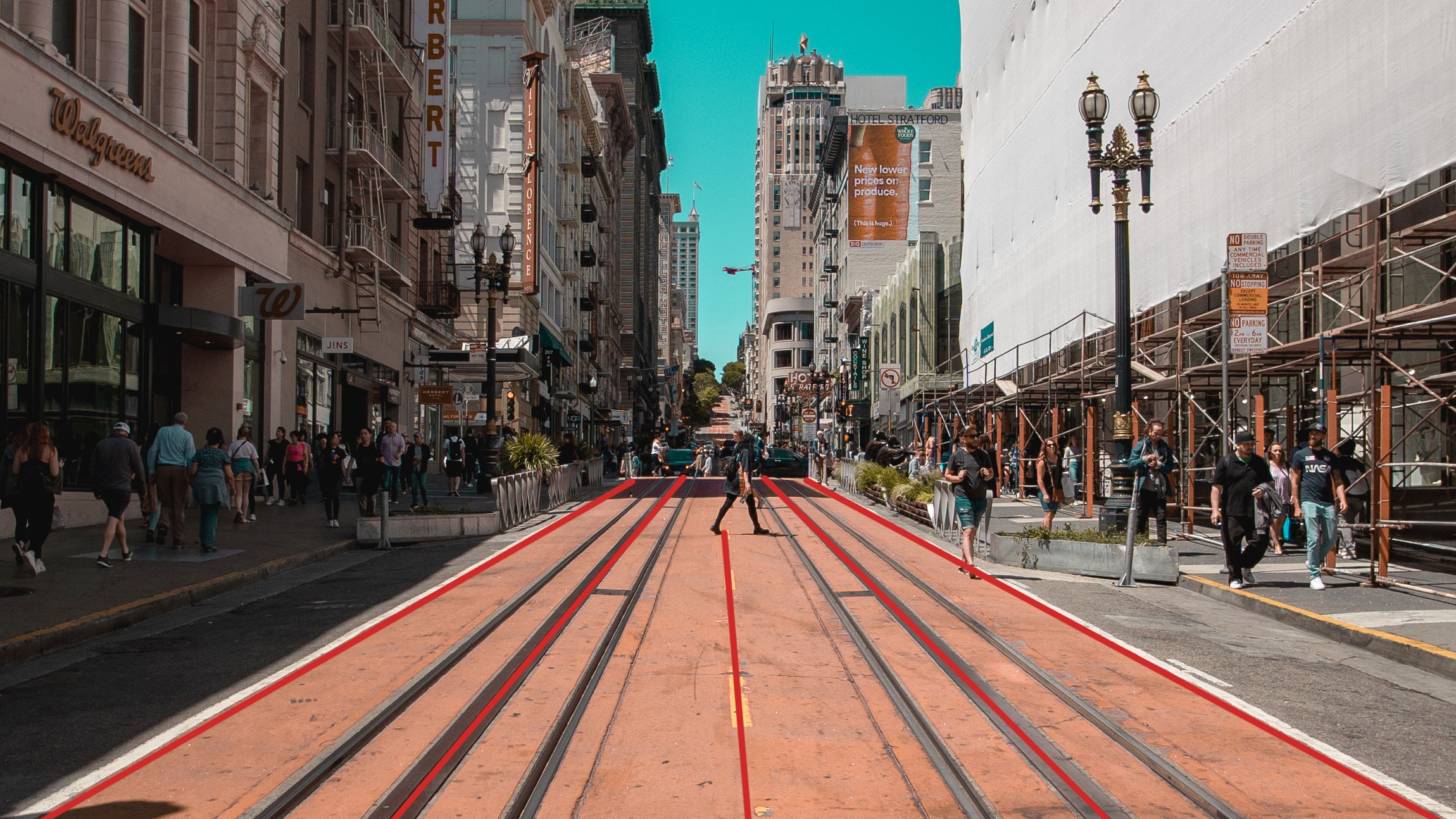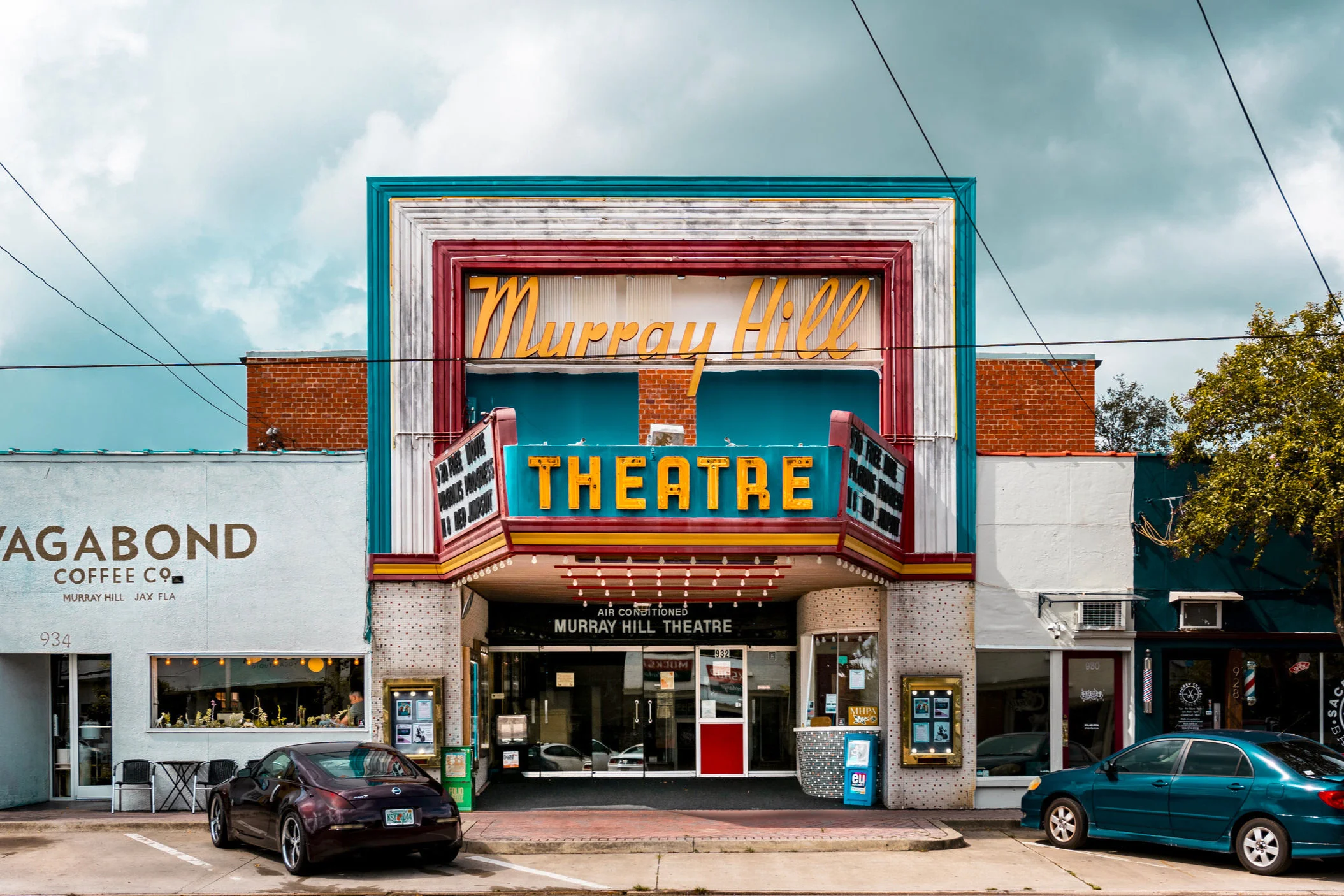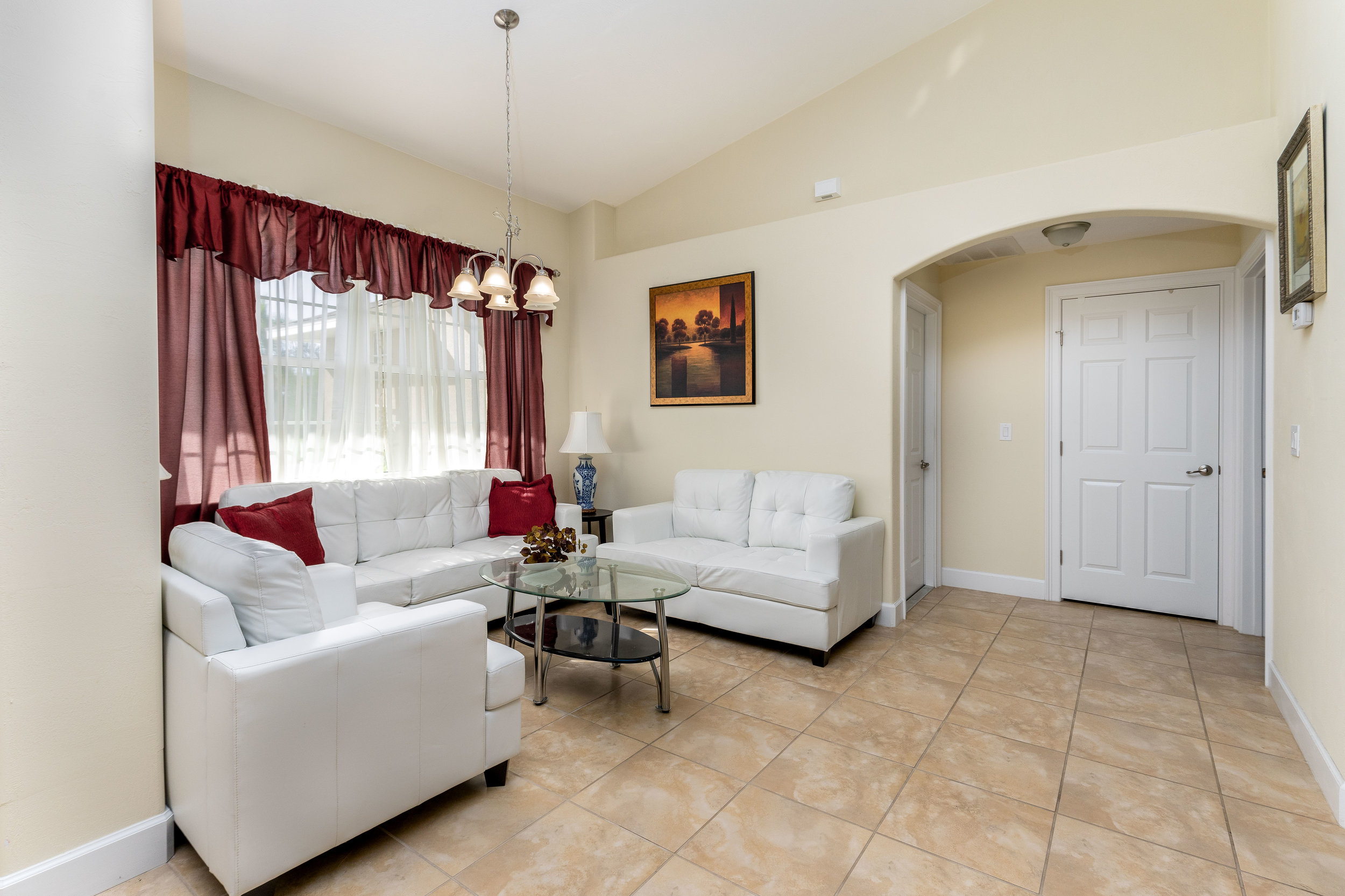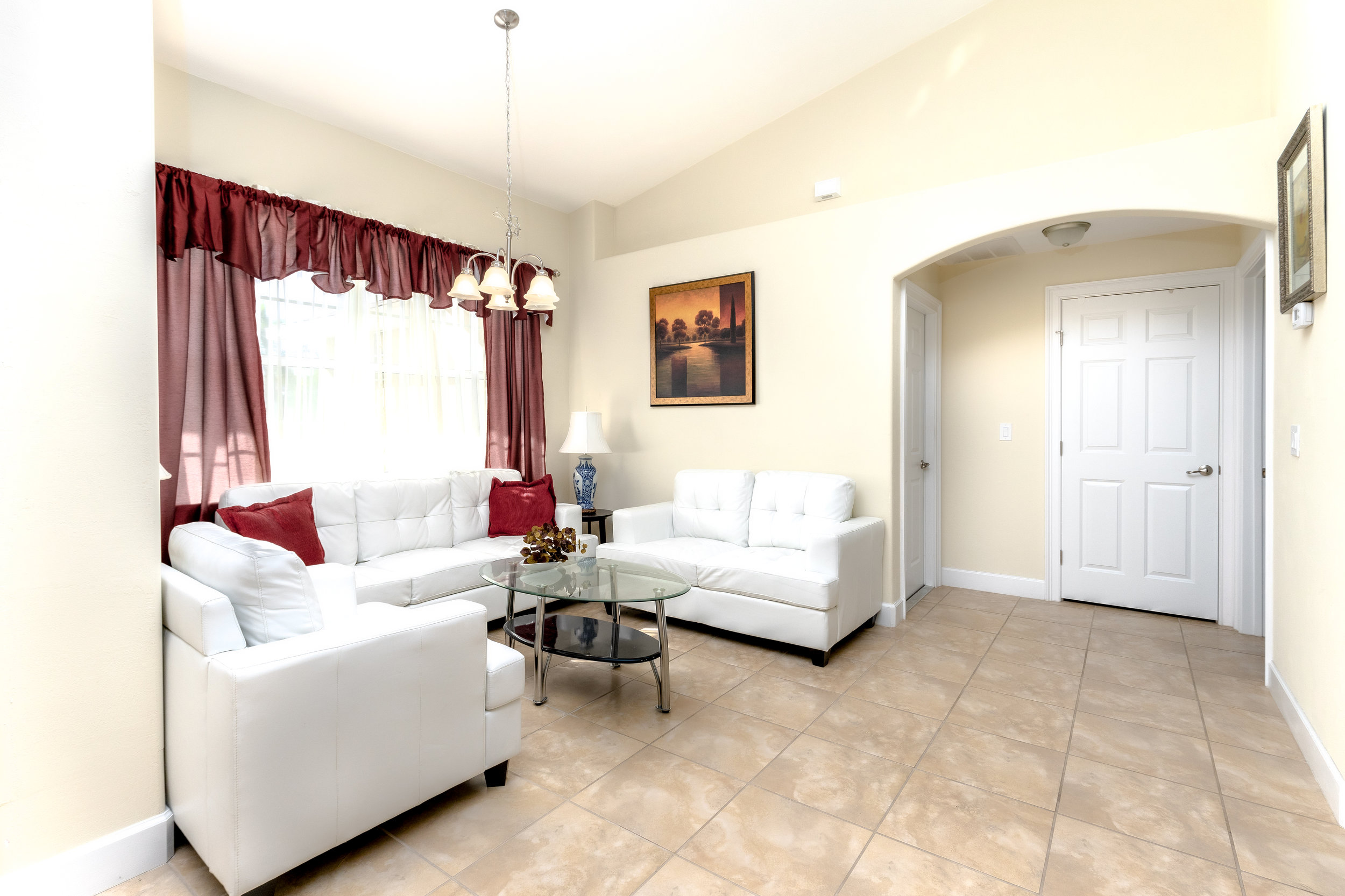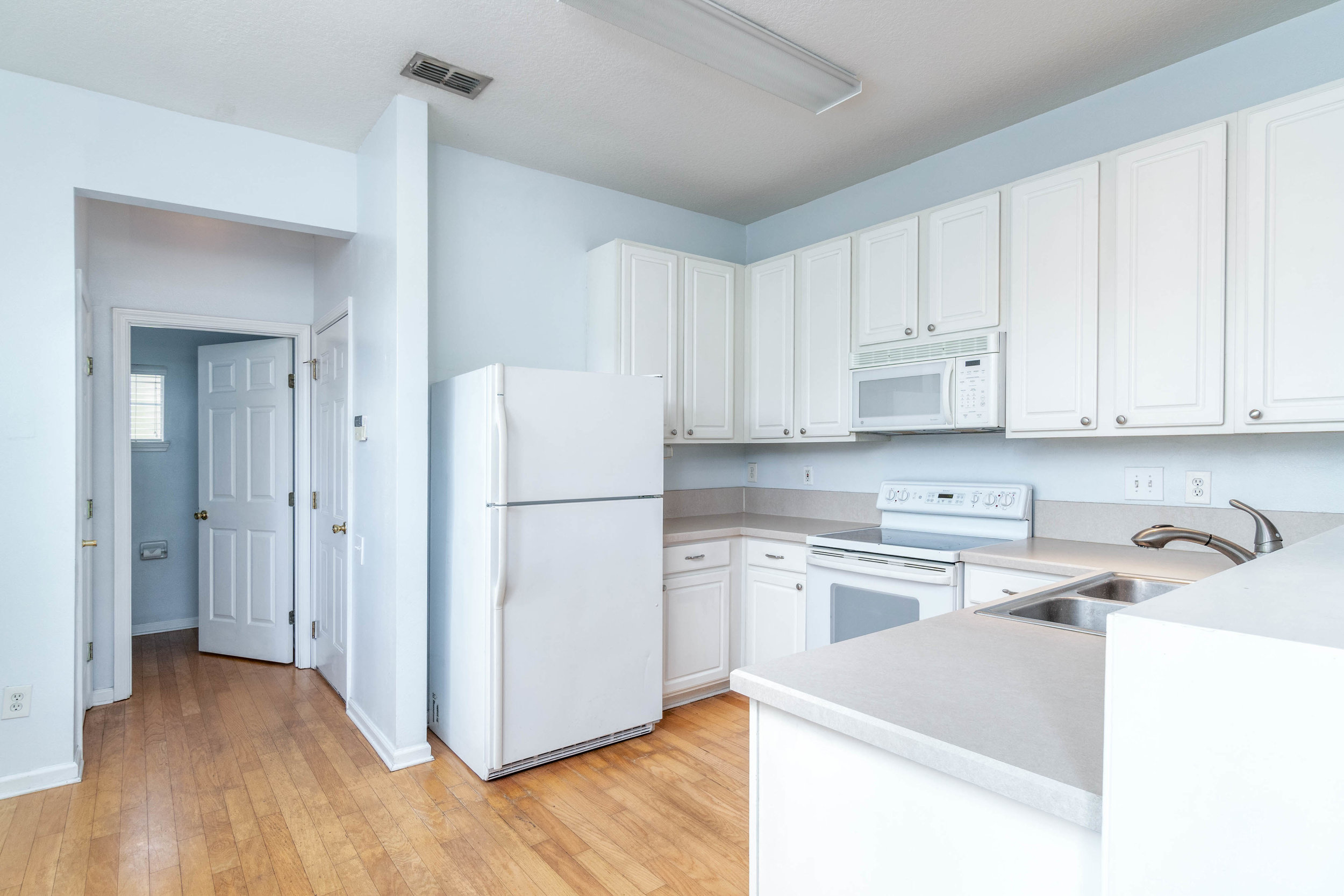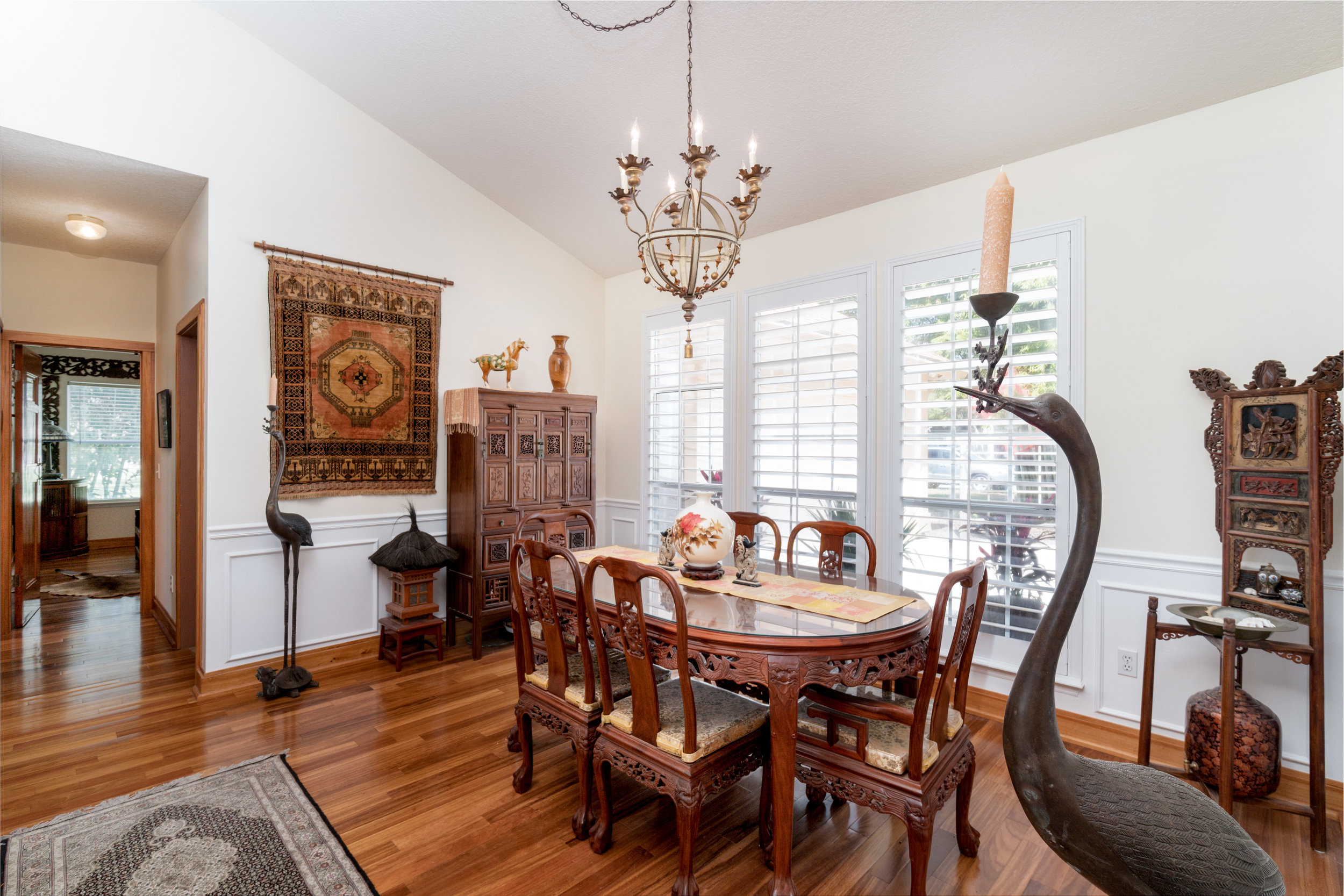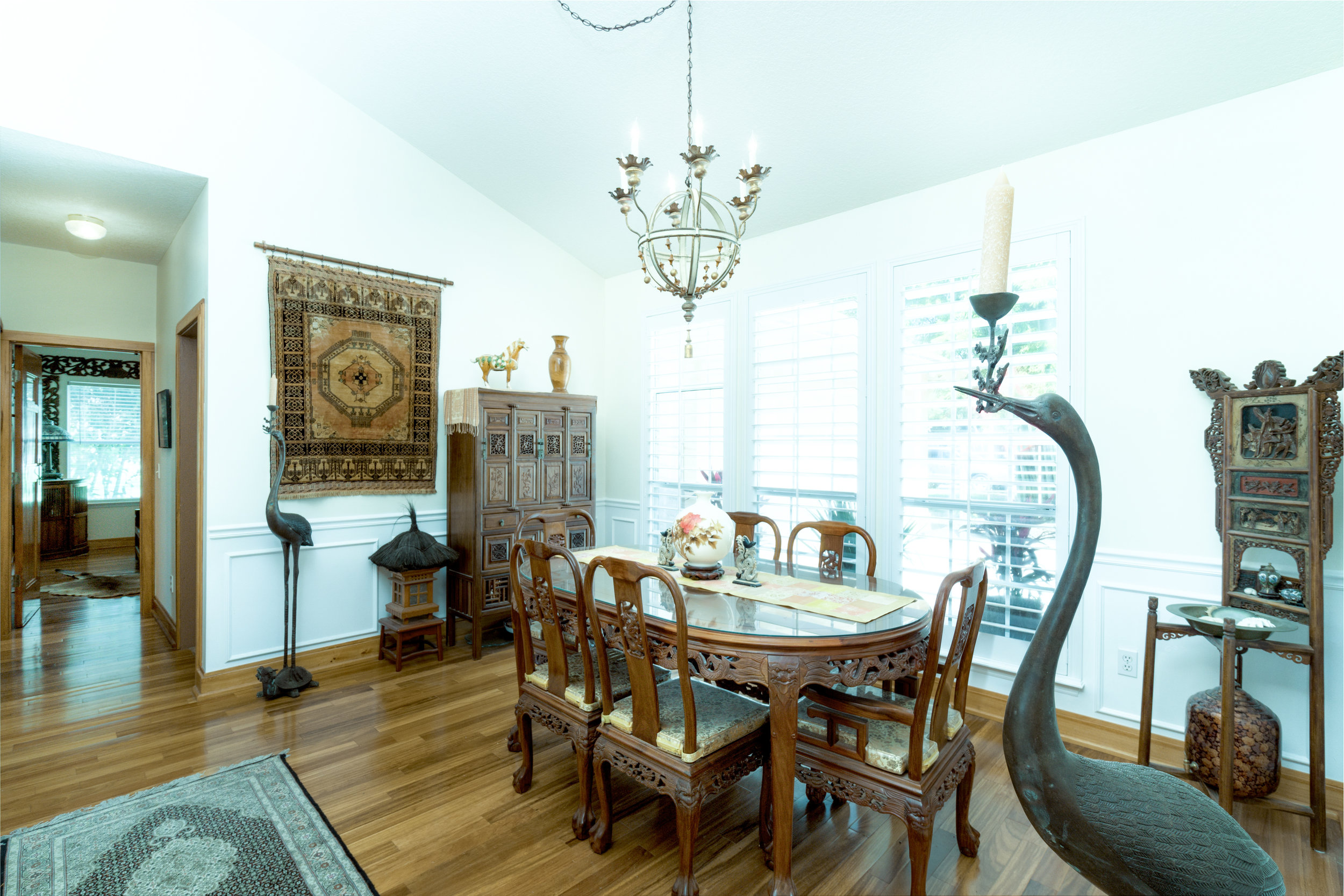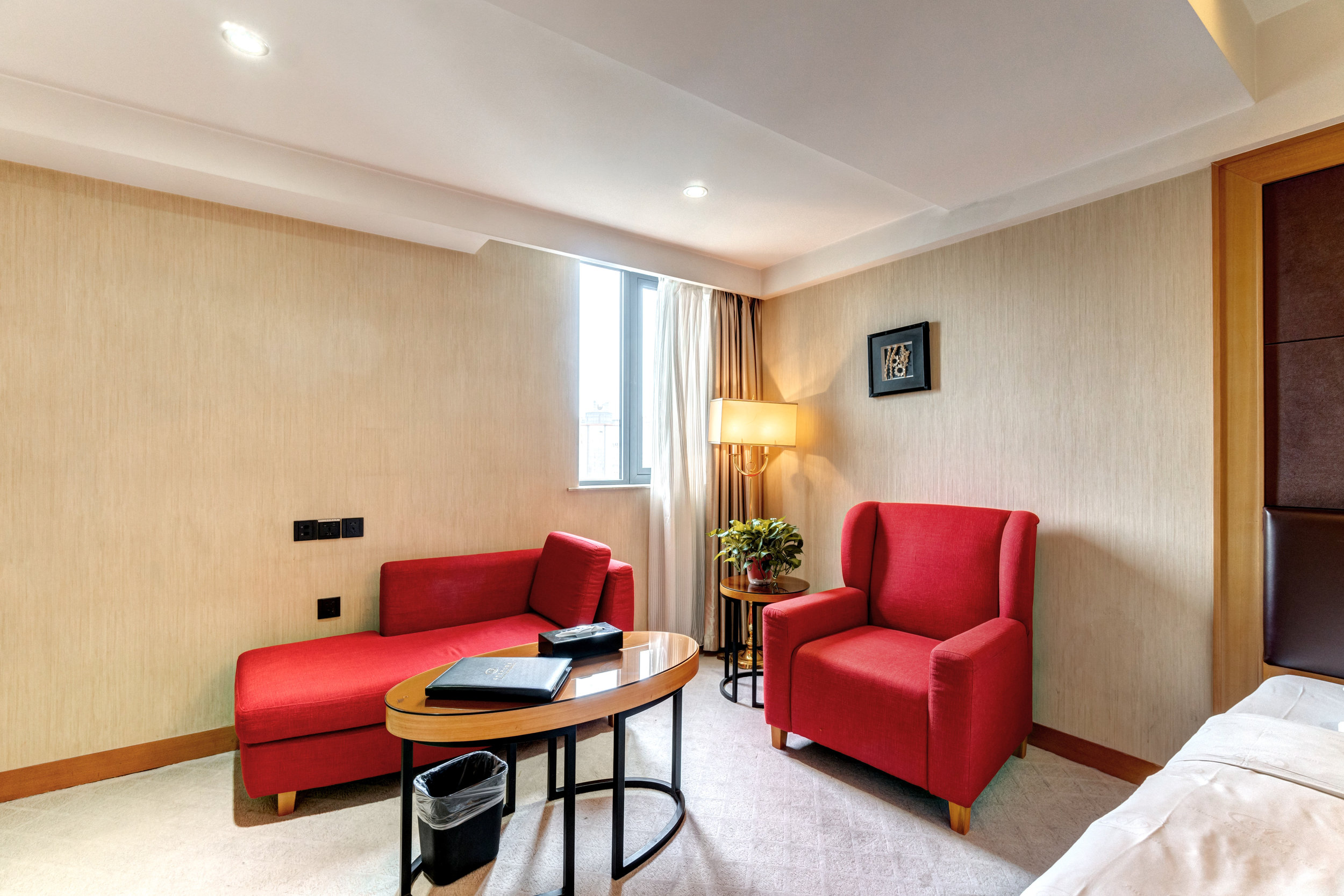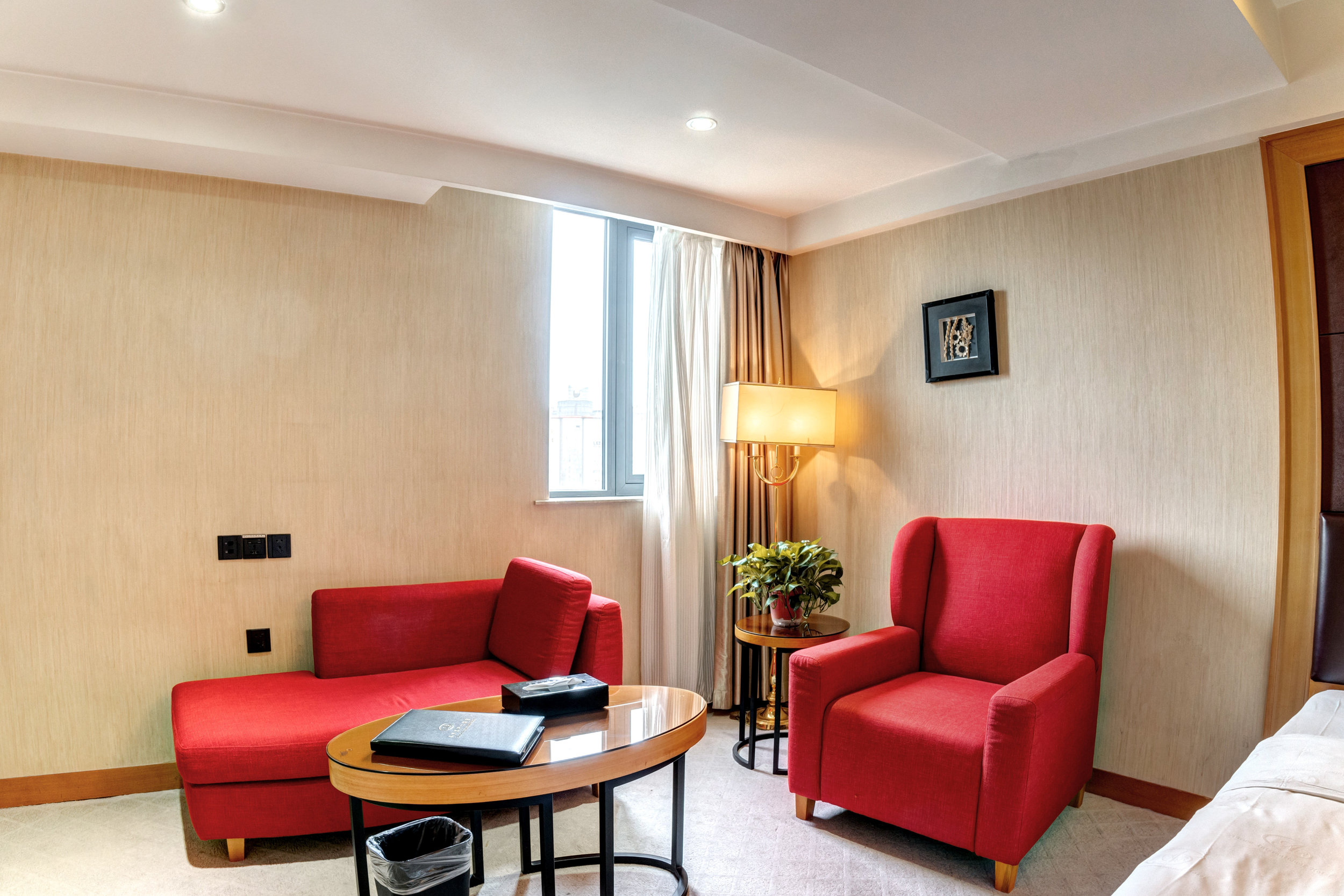Crime happens. You can’t stop it from happening, or predict it, but you can mitigate unnecessary risks for crime. In Jacksonville, the crime rate is higher than the national average, with some neighborhoods being worse offenders than others. In this quick write up, we’ll go through a few rough spots in Jacksonville and hopefully find an example of a neighborhood on the upturn.
We’re pulling our information from www.AreaVibes.com, www.Niche.com, and www.SpotCrime.com.
45th and Moncrief
45th and Moncrief is located in the northside of Jacksonville. If you’ve done your research, generally you know to stay away from the North-West quadrant of Jacksonville for it’s high crime. 45th and Moncrief is no exception. In the last six months, 45th and Moncrief has seen 8 shootings, 20 thefts, 14 assaults, and 14 arrests (data from www.SpotCrime.com). It doesn’t help that the unemployment rate is at 12% -- 8% higher than the national average. And the rate of HS graduation is at 64%.
While it can be a cheap place to live, with rent prices averaging $800-$850 per month and home prices hovering around $50,000, I’d suggest finding a safer neighborhood to live like, Hidden Hills or University Park where you’ll pay around the same price for rent.
Lake Forest
Lake Forest is located in the northside of Jacksonville next to 45th and Moncrief. If you’ve done your research, generally you know to stay away from the North-West quadrant of Jacksonville for it’s high crime. Lake Forest is no exception. In the last six months, the neighborhood of Lake Forest has seen 13 shootings, 40 thefts, 26 assaults, and 24 arrests (data from www.SpotCrime.com). Compared to 45th and Moncrief, the population in Lake Forest is about 1,500 less but with more crime. It doesn’t help that the unemployment rate is at 9% -- 5% higher than the national average. And the rate of HS graduation is at 87%.
Look, I’m just going to say it, avoid the Northside if you can. Again, Jacksonville is a relatively cheap city to find a place to live. Just look a little harder, and avoid the Northside.
Midtown
I didn’t want to put Midtown on this list, but for a population of around 250 the reported crime is comparable to Lake Forest and 45th and Moncrief. Just look at the last 6 months; 6 shootings, 22 thefts, 28 assaults, and 22 arrests (data from www.SpotCrime.com. Moncrief is located slightly to the right downtown Jacksonville. So, while you probably won’t be moving there anytime soon, avoid any prolonged visits to Midtown while in the Downtown area.
Allendale
Allendale is located in the westside of Jacksonville. Stay away from the North-West quadrant of Jacksonville for it’s high crime. In the last six months, the neighborhood of Allendale has seen 9 shootings, 15 thefts, 16 assaults, and 6 arrests (data from www.SpotCrime.com). Compared to 45th and Moncrief, the population in Allendale is about 3,000 less but with more crime. It doesn’t help that the unemployment rate is at 13% -- 7% higher than the national average. And the rate of HS graduation is at 78%.
Look, I’m just going to say it, avoid the Westside if you can. Again, Jacksonville is a relatively cheap city to find a place to live. Just look a little harder, and avoid the Westside.
Murray Hill
Last on this list is Murray Hill. While it’s on course for gentrification and becoming safer. It’s still plagued with crime. In the last 6 months Murray Hill has seen 12 shootings, 32 thefts, 29 assaults, and 24 arrests (data from www.SpotCrime.com). It may be a good time t o invest or to actually move to Murray Hill. Home prices are very affordable, hovering around $100k, and rent hovers around $800-900 per month. The unemployment rate is at 6%, which isn’t too bad compared to the neighborhoods we’ve been looking at.
This South-West neighborhood might be worth looking at, just be mindful of the high crime here.
Jacksonville as a whole has higher crime than the national average, but some neighborhoods are worse than others. If you’re moving to Jacksonville, there are a lot of tools online for you to research neighborhood crime rates; www.SpotCrime.com, and www.MyLocalCrime.com to get you started.
If you’re looking to sell your home in Jacksonville, make sure your realtor has a professional photographer photograph your home. With professional photos, your home stands out among the other properties in our area. If they don’t, shoot me an email at hello@georgemoua.com.

